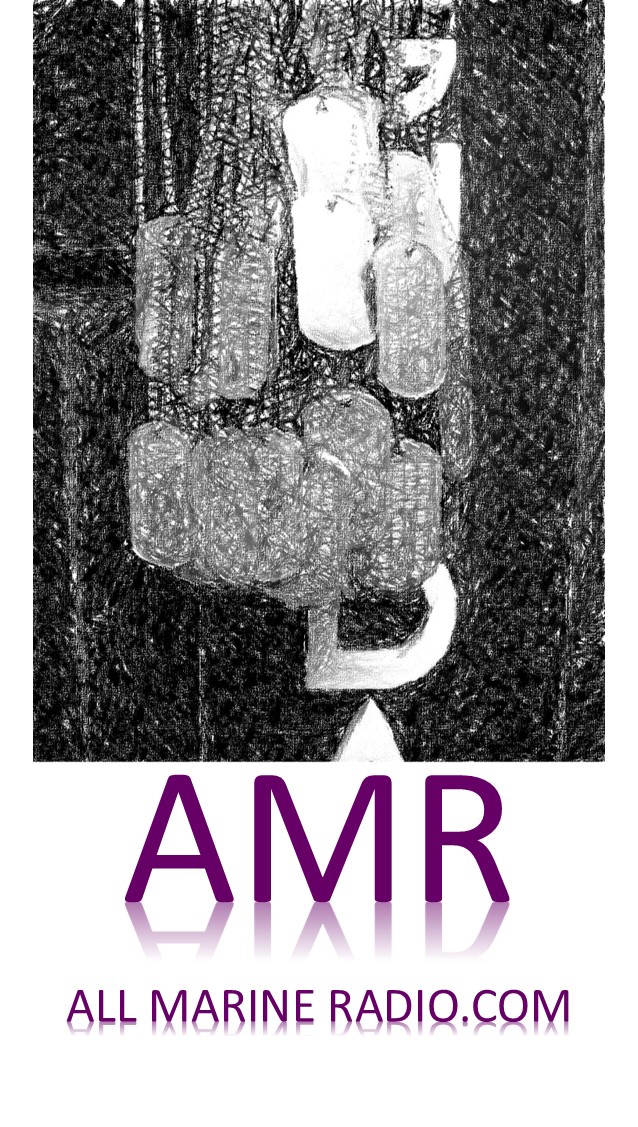Below is the WSJ article discussing in hour 1 of today’s program… you’ll find the link to the Journal below the sub-headline below.
Before Reporting Became ‘Journalism’
Writers subdued their egos and encouraged readers to think. Nowadays it’s all about arousing emotion.
https://www.wsj.com/articles/before-reporting-became-journalism-11600879803?mod=flipboard
That generation of reporters would rather have died, or moved permanently to Albany, N.Y., than call themselves “journalists.” The term itself was phony. When young Henry Luce, who went on to co-found the Time-Life empire, was just out of Yale, he showed up for his job at the Chicago Daily News (as a legman for the columnist Ben Hecht, who, with Charles MacArthur, would write “The Front Page”), he carried a walking stick and a briefcase. The editor looked him up and down and said, “Ah, Mr. Luce. A journalist, I see.”
The lesson I absorbed as a boy was that the work of reporting called for a disinfected mind that busied itself, with little-guy sympathies and self-effacing clarity, on available facts, collected conscientiously. The ideal was fairness: Let the reader decide. It would not have occurred to my father or his fellow reporters, or to me in my apprentice days at the Buffalo News or the Washington Star, to drape the facts in adjectives and adverbs and attitude. The eye of the city editor (the great Sid Epstein at the Star, for example) was vigilant and scathing: Who gives a damn what you think?
If a sensitive person, or, God forbid, one of us on the newspaper staff, had declared that something or other made him feel “uncomfortable” or “unsafe” or constituted a “microaggression,” the answer would have been an incredulous stare: “So what?” If it happened again: “You’re fired.”
Alas, the independent, nonpartisan mind went out of fashion years ago in politics, media, academia and even corporate life. Emphasis on the integrity of individual judgment has all but disappeared in the face of identity politics, the religion of diversity and the radical corruption of American universities—the effect everywhere intensified by this year’s obsessive and, one might say, compulsory racialism. America won’t be an honest country until those influences have been defeated or have burned themselves out. It may take years, a generation or two. (the red color, bold and italics emphasis above was added by Mac)
For now, in the annus insanus of 2020, we are afflicted by a pandemic of media phoniness. Plastering the facts with attitude—tilting the story to the party line, moralizing it, sentimentalizing it, propagandizing it—is the way of noisy, distracted cable news and, increasingly, of all media. Not a sparrow falls without the New York Times, in its news columns, telling the reader that the bird was shot by a “white supremacist.” News is laid before the citizen’s mind so packaged and tarted up with a narrative line that the simple facts are often impossible to discern.
This is not honest reporting but garish, partisan fabulation. Its object is not to inform, or to encourage reflection, but to stimulate feelings. Let not the listener or viewer or reader be detained by thought but instead move briskly on to emotions, which are the addictive and highly profitable drugs in which big media traffic. News media become crack houses of information and, all the while, ruthless participants in the struggle for political power and for what the parsons on “Morning Joe“ call “the soul of America.”
Journalism’s metaphysical decline proceeds parallel to the deterioration of American politics. In both fields, we behold the lingering death of public trust. The energies that flow into the vacuum left by the departure of trust are self-righteousness, violence of mind and an ineffable stupidity—the civic despair and hysteria that have become the style of poor, miserable 2020.
Mr. Morrow’s latest book is “God and Mammon: Chronicles of American Money.”
Podcast: Play in new window | Download

